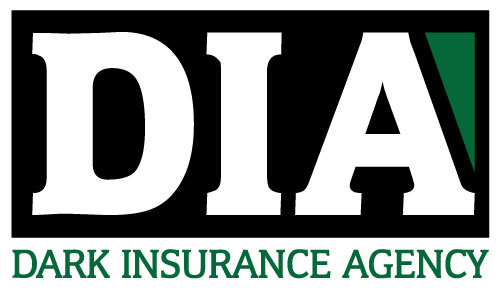
While having a baby can be a very exciting time, it can also be very expensive. On average, it can cost a little over $10,000 under normal circumstances and can climb to as much as $30,000 if there are complications. That doesn’t take into consideration the money you’ll likely have to spend to raise your baby. With all those changes to your budget, you’ll need to take the time to get your finances in line quickly.
Tackle Your Debt
According to Merrill, tackling your debt begins with knowing exactly how much you owe. You should write down each debt along with the full amount owed and the interest rate associated with the debt. Once you know what your figures are, you can create a plan to pay your debts down and cut your expenses where possible so you can maintain your budget. As you decrease your debt, you’ll be able to redirect more money into an emergency fund. While there is some debate about how much money you should have in your emergency fund, it’s certain that you’ll need enough to cover major emergencies. When you’re starting your emergency fund, you should research which savings accounts have the highest interest rates so you can grow your money as you save.
Get Ready to Buy a House
Now that your family has grown, it’s possible you’re thinking about finding a larger home. Even if you’re thinking about finding another rental property, buying a house might also be in your future. Before buying a home, be sure to determine how much home you can afford by using a mortgage calculator online. Once you find that out, you should get pre-approved for a mortgage to speed up the buying process when it’s time to make an offer. You’ll also do well to find a good real estate agent to get the best deal possible on a home. Hiring a real estate agent can also make your home search easier as they will be familiar with the process and can handle negotiations with sellers. They’re also more likely to know when homes become available before they’re officially posted. Keep in mind that once you own a home it becomes one of your biggest assets, so be sure to protect it with home insurance through a trusted local company like Dark Insurance Agency.
Plan for Your Future Costs
When dealing with future costs, it’s best to start as early as you can. Chris Hogan breaks down your retirement options depending on your age. If you’re in your 20s, it’s a good time to develop a stringent budget and take advantage of a 401K plan. In your 30s, you can still save enough for retirement if you keep your spending under control and make the most of any investment accounts you may have. Another thing you should look into is burial insurance. It might seem a morbid thing to think about after the birth of your baby, but having burial insurance ensures that final expenses and other outstanding debts will be paid for, which will relieve your loved ones of the financial burden. Before applying for burial insurance, compare quotes from different providers and research the average costs of funerals in your city. You should also consider purchasing life insurance in addition to burial insurance to ensure your loved ones are taken care of entirely. The cash your loved ones will receive from your policy is known as the death benefit, and can be used for things other than funeral costs such as living expenses and college education.
Start a College Fund
Recent data shows that the cost of a college education has been outpacing the increase in wages for years, and there is little indication that will change. That’s why you’ll need to start building a college fund for your child as soon as possible. When looking for a good savings account for a college fund, you should research the types of 529 plans that are available in your state. If you’re tolerant of risk, you can look at investment accounts that will give you a high rate of return for your money. You should also make sure to find savings accounts that suit your budget and won’t have unwanted tax implications.
You’ll need to make quite a few changes to your budget now that you have your little bundle of joy. Don’t neglect the rest of your finances while taking care of your immediate expenses, though. With some careful planning, you can successfully balance your present and future financial needs.
Photo courtesy of Pixabay.
